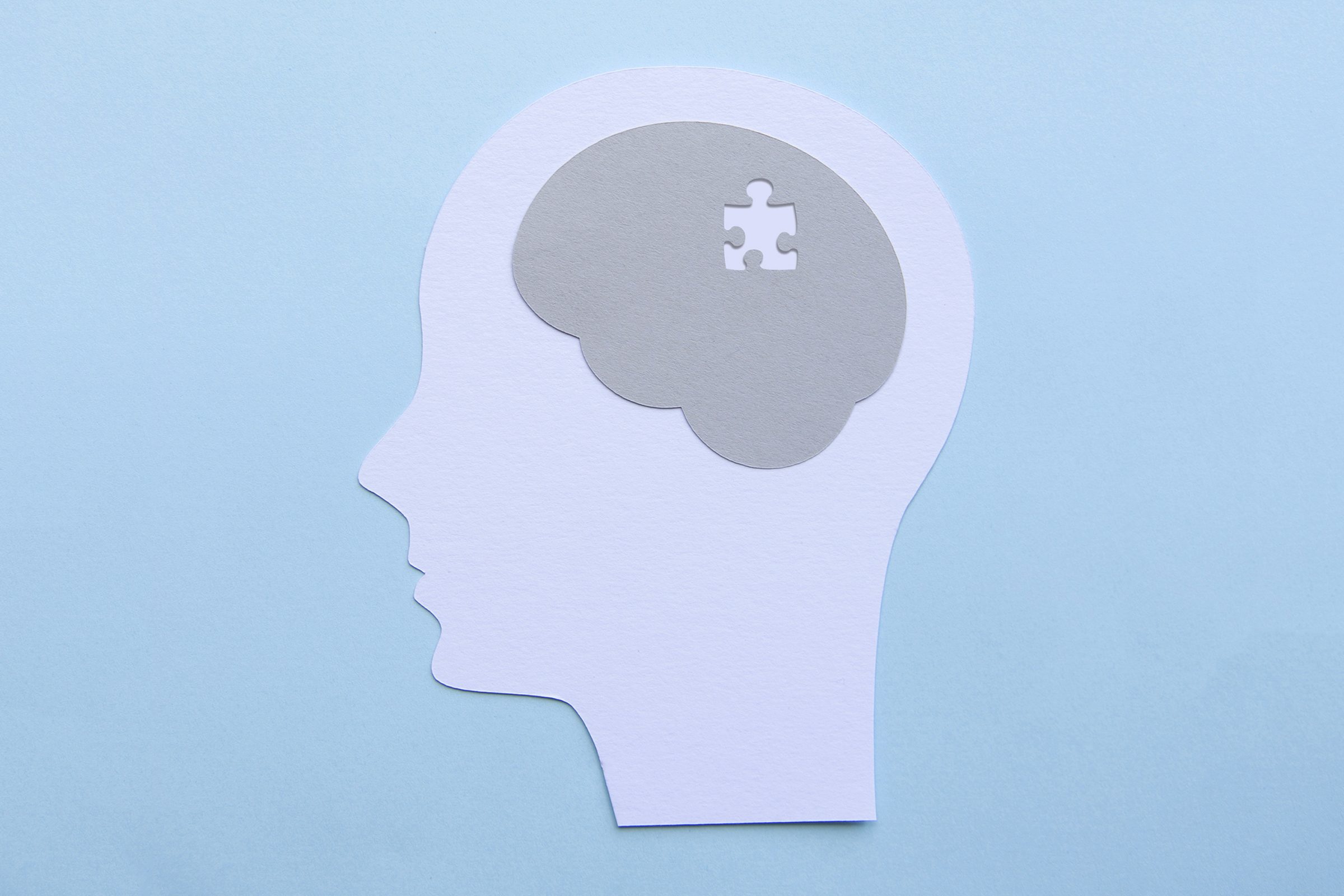4 Memory Problems That Have Nothing to Do With Alzheimer’s
Updated: Oct. 13, 2020
Are they normal brain blips—or something more? How everything from pregnancy to stress can mess with your mind (and how to know if it’s serious).
Our editors and experts handpick every product we feature. We may earn a commission from your purchases.
Quite often, when I tell people what I do for a living (I’m a neurologist) they end up telling me about their memory problems. And so it was during a recent flight. The woman seated next to me told me about recent issues she’d had with her short-term memory. She’d initially gone to her family doctor, telling him that her thinking was muddled. It was increasingly difficult for her to concentrate at work. She was fatigued, and she often forgot small details such as lunch dates. She felt as if she was losing her mind.
Her doctor referred her to a neurologist who referred her to a rheumatologist. Eventually, she was referred to a major academic hospital. All told, over a year’s time, she met with several doctors and underwent countless tests, including numerous blood tests, brain scans, and even a spinal tap. They ruled out Lyme disease, brain cancer, ALS, Alzheimer’s disease, and multiple sclerosis. They could find nothing wrong with her. Finally, she visited her OB-GYN, who told her: “You’re not losing your mind. You just have perimenopause.”
Yes, the hormonal fluctuations of perimenopause, and other conditions, can be mistaken for early signs of Alzheimer’s disease. (Here’s how to predict whether your memory loss will be Alzheimer’s.) Here are four memory-related issues that have nothing to do with Alzheimer’s disease.

Perimenopause: Hormones trigger brain blips
During the transition to menopause, levels of the female hormone estrogen fluctuate, rising and falling unevenly. This can bring on symptoms such as hot flashes and sleep problems, and it seems to also be responsible for what has now been documented as memory loss.
Researchers at the University of Rochester asked 75 highly educated women aged 40 to 60 to undergo a battery of tests to gauge their ability to learn and retain new information, to mentally manipulate new information, and to sustain their attention. The researchers found that many of the women with perimenopausal symptoms such as hot flashes did poorly on tests that measured working memory (the ability to take in and manipulate new information). These women also had problems holding their focus.
Most importantly, this type of memory loss is temporary in most cases. Within a couple of years, as hormonal levels even out, the symptoms tend to disappear.
Stress: Hijacks thinking and attention
Unrelenting stress can muddle thinking and make it difficult to pay attention. It can also disturb sleep, which blocks the brain’s ability to organize memories into the correct neurological filing cabinets, making those memories more difficult to retrieve. If the stress is temporary—say, the stress of job loss— then your memory and brain function will return to normal. If the stress remains chronic, however, the hippocampi can be damaged, increasing your risk for developing Alzheimer’s disease. So, while stress-induced forgetting isn’t the same as Alzheimer’s disease, it can eventually increase your risk if it’s prolonged over a lifetime.
Pregnancy: Effects of baby brain
Expectant mothers call it “pregnancy brain” for a reason. During the nine months that your body is making a baby, you undergo a severe hormonal fluctuation that can affect your mental clarity. Leaning on friends and family for support can help. Incidentally, often the most forgettable moment during pregnancy is childbirth itself. Perhaps we evolved this biological mechanism so the pain of childhood could be quickly forgotten.

Cancer treatment: The toll of chemo brain
Chemotherapy and radiation can affect the brain in ways we don’t completely understand, bringing on symptoms that are similar to Alzheimer’s disease. These are often referred to as “chemo brain.” It’s still unclear why this happens, but we do know the issue exists. For some patients, these symptoms resolve after the treatment ends. For others, they persist. A Brain Smart lifestyle like the one described in my book Outsmarting Alzheimer’s may offer some benefit.
And there are many other non-Alzheimer’s-related memory problems, including an underactive thyroid, vitamin and mineral deficiencies, hormonal imbalances, prescription or over-the-counter drug interactions, lack of sleep that stems from insomnia or another sleep disorder, head trauma, and other health problems such as blood vessel disease. In fact, there are many memory problems that could look like Alzheimer’s—but aren’t.
If you are experiencing problems with your memory, mention it to your family physician. A medical checkup can help you discover whether one of the issues I just mentioned may be causing your symptoms. If it turns out that you do have the earliest signs of Alzheimer’s disease, your doctor may help guide you toward risk-reduction measures or suggest a clinical research trial. Your doctor may prescribe medications to treat high blood pressure, elevated cholesterol, or depression. Treatments that modify, reverse, or slow the course of Alzheimer’s disease do not yet exist; however, some treatments are available that can modestly reduce the symptoms for a short time. Next, check out the things you can do to cut your risk of dementia by 35 percent.
